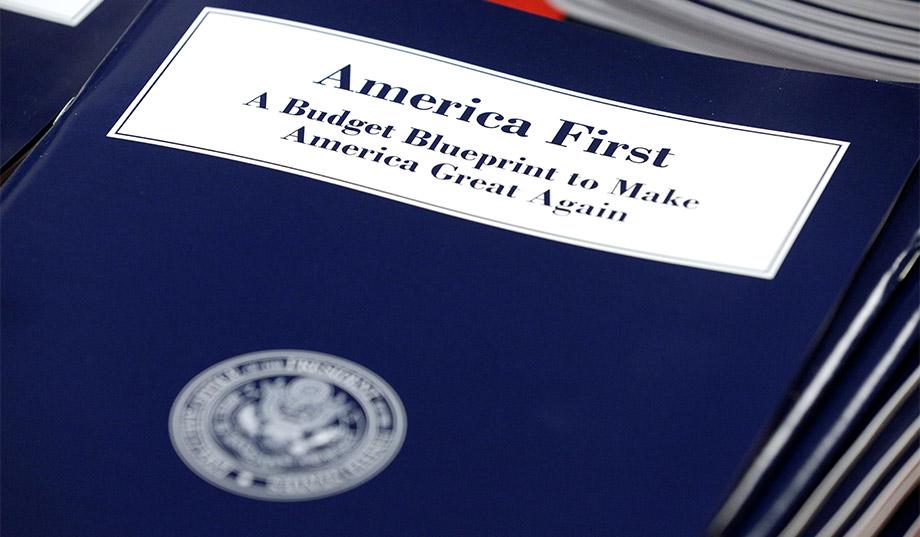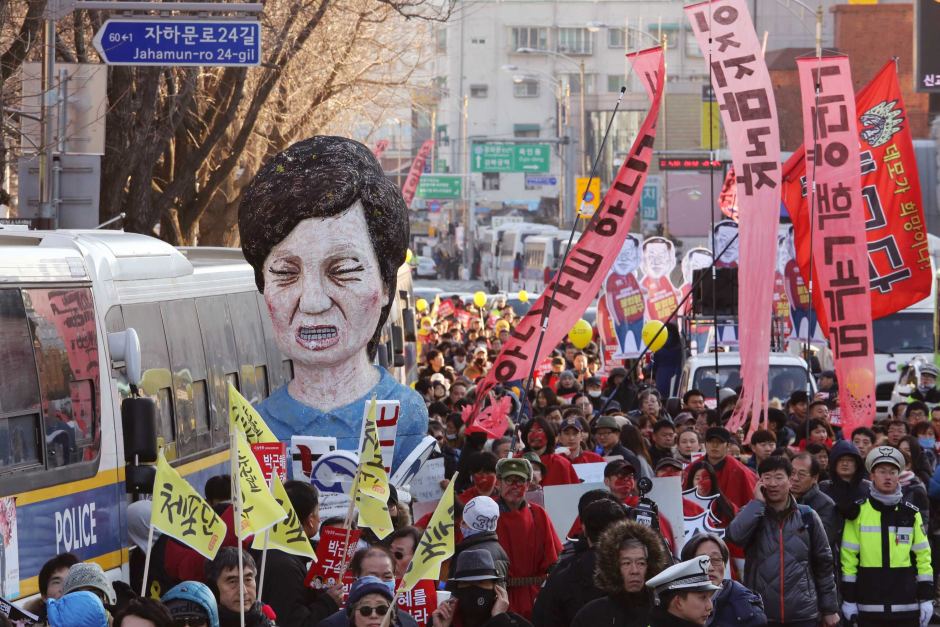By Justin Lewis
In one of the most dynamic U.S. presidential contests of the modern era Americans have witnessed a plethora of unforeseen events make their way through the 2016 election cycle. The political phenomena that has taken shape since the start of this cycle appears to represent voters’ growing dissatisfaction with establishment politics. On one side we encounter a politician who was virtually unknown prior to the primary season: Senator Bernie Sanders (I-VT). Surprising to some, Sen. Sanders actually has managed to pull a substantial degree of campaign momentum away from a more well-known Democratic contender towards himself. On the other side we observe a political outsider renowned for his business empire and vast fortune, Donald Trump, who is now the likely Republican nominee after . As a citizen who values civic participation and the democratic process, one has to ask the question, “How in the world did we ever get to this point?” The subject of this piece, in particular, centers on the stumbling blocks facing former Secretary of State Hillary Clinton along with the rise of Vermont Sen. Bernie Sanders in the battle for the Democratic nomination.
2015 was a highly optimistic year for former Secretary of State Hillary Clinton as media speculation portrayed her as the runaway favorite for the 2016 Democratic nomination. No other potential contender received support this tremendous to lead the party heading into the election season. On April 12 of the same year, Mrs. Clinton officially announced her bid for the race to the White House, drawing great excitement and enthusiasm from party members throughout the country.
But towards the end of that month, Sen. Sanders declared his entrance into the Democratic contest, posing a possible challenge for the woman widely held to be the future nominee. Among the measures that the New England senator expressed he would promote over the course of his campaign are Social Security expansion, a single-payer healthcare system, free tuition at public colleges, and infrastructure improvements. Sanders embraces what many today describe as ‘farther left’ ideas that he believes would help bring about a “political revolution.”
Through a series of rallies, debates, and town hall meetings between the two candidates, Clinton’s vulnerabilities have become more and more apparent and Sanders seems to have benefitted from those exposed flaws. Just to name a few, some of the major criticisms directed toward her include her vote in support of the Iraq War in 2002, her private email debacle, and overall untrustworthiness of the former Secretary held by young Americans.
To make matters worse for Hillary Clinton, a number of American figures have thrown their weight behind Bernie Sanders while expressing sharp criticism toward the former Secretary. In an interview with journalist Amy Goodman from Democracy Now!, former Ohio State Senator Nina Turner voiced her reasons for switching her support from Clinton to Sanders in February, saying, “I was asked to help ready for Hillary, and that’s exactly what I did. But when it came time to endorse, I have endorsed Senator Bernie Sanders.” In elaborating upon her reason for supporting Sanders, she continues, “He has the type of heart-soul agreement that I believe that we need in this country. He has been a constant champion for civil rights, women’s rights, voting rights.” Academic Cornel West, in an interview held by the same news program, defended, in part, his support for Sanders by stating, “…[O]ur neoliberal black intelligentsia, who don’t want to tell the truth about the underside of the Hillary Clinton campaign…[t]he underside really has to do with not just the Clinton machine and all of its corruptions and so forth, but, more importantly, the policies, the trade policies, the prison—the mass incarceration regime, the deregulating of the banks and so forth. But Brother Bernie is hitting this head on.”
Furthermore, according to numerous national polls, Clinton is regarded as dishonest and untrustworthy by more than half of American voters: A Quinnipiac University poll released in August 2015 showed that 61 percent of U.S. adults find Hillary Clinton to be untrustworthy; in June of the same year a CNN/ORC poll showed that 57 percent of U.S. adults feel the same. And according to a Gallup poll conducted in February 2016, 51 percent of respondents have an overall negative perception of her.
First of all, it is apparent that a particular decision made in 2002 has continued reinforce regret with the former Secretary: the vote in support of the war in Iraq. As an issue that likely played a considerable role in her loss to then-Senator Barack Obama for the nomination in 2008, this vote has come back to haunt Clinton in the 2016 cycle. Sen. Sanders has taken opportunity upon opportunity to remind Democratic voters of this “mistake”, which Clinton has acknowledged as such.
In one particular instance, Sanders delivered a fiery attack against Clinton at the CBS Democratic Debate held in Des Moines, Iowa. A day after tragedy struck Paris through a number of bombings and gunshots on Nov. 13th, Sen. Sanders charged that the Democratic frontrunner contributed to the development of terrorist groups, Al Qaeda and ISIL, by casting the controversial vote. “I would argue that the disastrous invasion of Iraq…unraveled the region immensely, and led to the rise of Al Qaeda and to ISIS”, Sanders remarked during the debate.
An NBC News/Wall Street Journal/Annenberg poll indicates that more than 70 percent of Americans hold that the Iraq War “wasn’t worth it.” The numerous criticisms of Clinton’s action in 2002 coupled with the dismay of a growing majority of the country seem to present the candidate with a massive obstacle preventing serious gains of left-wing support.
Second, Clinton’s email probe has been increasingly gaining attention since the New York Times posted an article in March 2015 revealing the story publicly for the first time. After having an official FBI investigation launched along with a court order demanding the release of 55,000 pages of Mrs. Clinton’s emails, the former Secretary’s electronic correspondence presented another high hurdle in her race to the White House.
Interestingly enough, a lawyer and former director of litigation at the National Archives and Records Administration, Jason R. Baron, found Clinton’s email use to be quite an unusual phenomenon and responded to the situation. He stated, “I can recall no instance in my time at the National Archives when a high-ranking official at an executive branch agency solely used a personal email account for the transaction of government business”. It is worth noting that over the course of her tenure as Secretary of State, Mrs. Clinton, in fact, did not have a government email address. Thus, the fact that she only used her private email server makes this controversy all the more intriguing.
Was all of this supposed to happen? Wasn’t Hillary expected to have clinched the Democratic nomination relatively early in the primary process? Was Bernie Sanders supposed to amass the number of delegates that he has obtained? How could Clinton’s actions have triggered such pessimism about her candidacy that wasn’t so apparent back in the middle of 2015? The answer, I believe, is utterly complex.
Nevertheless, it is clear that Hillary, as the presumptive Democratic nominee, has her sights now set on Republican candidate Donald Trump with the general election in full view. After sustaining critical political injuries in the arduous battle against Sanders earlier in the season, just how well will she fare against Trump in the even more grueling contest heading into November?


